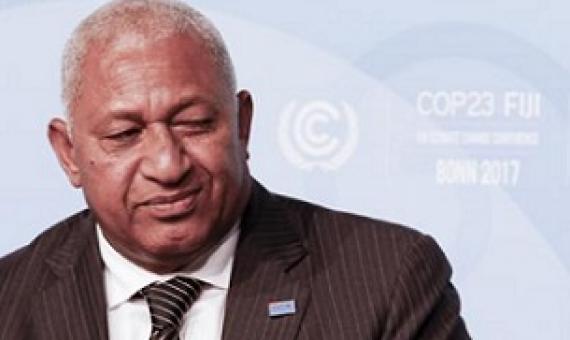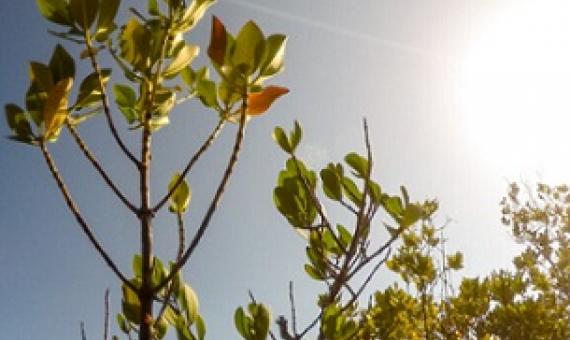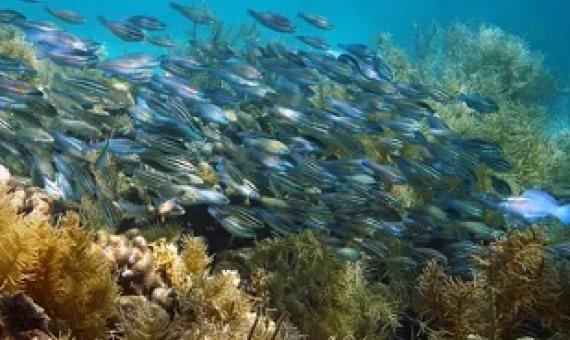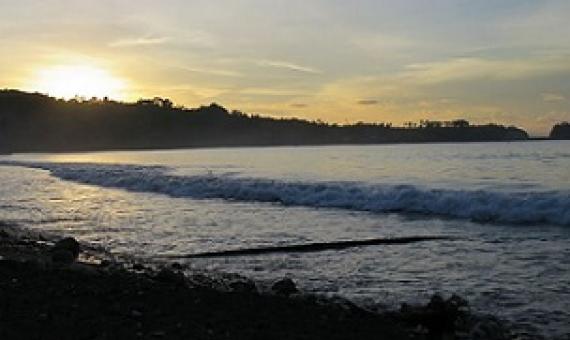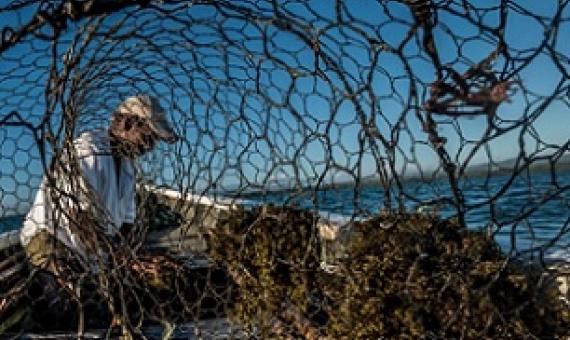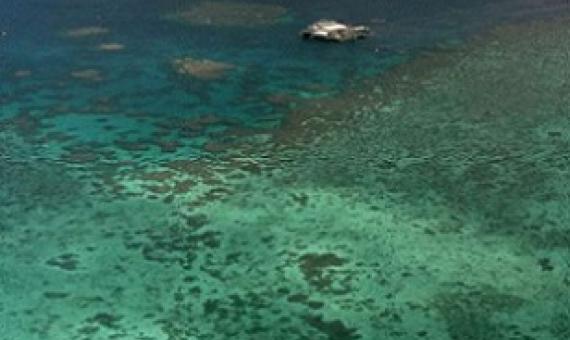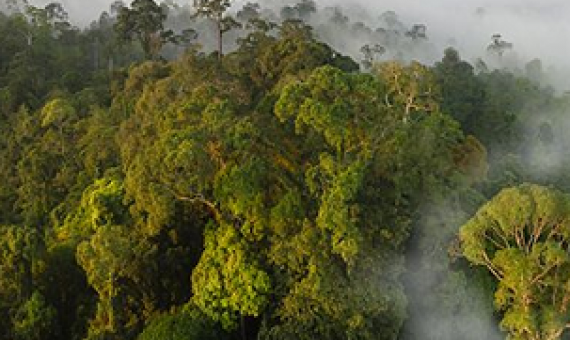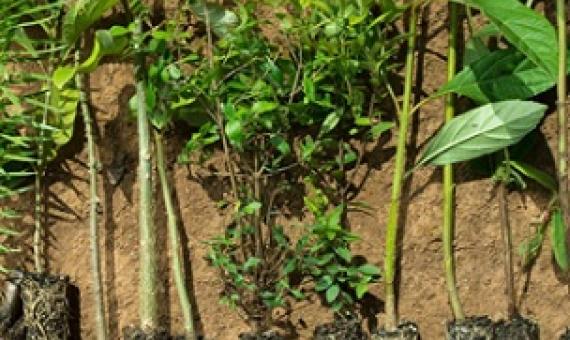For his persistence and commitment to action against climate change for Pacific Island Nations, the UN Environment Programme (UNEP) has announced Prime Minister Frank Bainimarama of Fiji as a 2020 Champion of the Earth for Policy Leadership.
On the 5th anniversary of the Paris Climate Agreement, Nature Based Solutions are emerging as essential climate mitigation and adaptation strategies. In 2015, the biodiversity agenda and the climate agenda were seen as two separate tracks. It is now widely believed that prote
In a long-awaited move from the Trump administration, the US has proposed critical habitat protections for twelve coral species in the Caribbean and Pacific Ocean. The rules would protect over 6,000 sq miles (nearly 16,000 sq km) of critical coral habitat.
Parliament has been told that the Ministry of Environment, Climate Change, Disaster Management, and Meteorology and the Ministry of Lands, Housing and Survey have been tasked to develop a resettlement policy for low-lying atolls and artificial islands highly vulnerable to climate change.
IUCN World Heritage Outlook 3
IUCN World Heritage Outlook 3 builds on three cycles of Conservation Outlook Assessments undertaken since 2014. It presents the main results for 2020, but also some longer-term trends based on a comparison of three data sets now available.
Ocean ecosystems are under threat. They also hold solutions. Climate change is increasing sea levels and making the ocean warmer, more acidic and depleted in oxygen.
Climate change is increasingly damaging the U.N.'s most cherished heritage sites, a leading conservation agency warned Wednesday, reporting that Australia's Great Barrier Reef and dozens of other natural wonders are facing severe threats.
Planting trees and preventing deforestation are considered key climate change mitigation strategies, but a new analysis finds the cost of preserving and planting trees to hit certain global emissions reductions targets could accelerate quickly.
Pacific leaders have condemned Australia’s Paris climate target as “one of the weakest”, urging Canberra to commit to net-zero carbon emissions by 2050 and abandon its Kyoto carryover credits.
Planting ‘the right tree in the right place’ is key to restoring forests and halting climate change.

